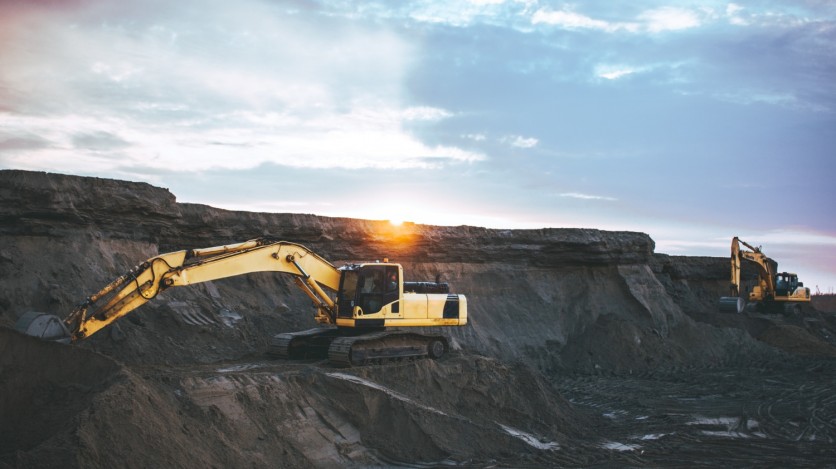
Mining for precious metals has significant environmental consequences including water and air pollution, soil contamination, landscape destruction, and often the destabilization of local communities geographically situated near mining sites. As demand for precious metals, particularly gold, continues to increase across the globe for use in high jewelry, electronics, and medical equipment, we must find more sustainable solutions for supply to match demand. One such solution to mitigate the deeply harmful effects of mining: creating a more robust infrastructure to promote greater use and adoption of recycled gold. Identifying the adverse impacts of mining and subsequently highlighting the multitude of benefits associated with recycling metals, we broaden our understanding of the urgency with which we need to transition to a more environmentally friendly approach.
The Deeply Destructive Impacts of Mining on the Environment
Much has been written about how mining damages local ecosystems and contributes to climate change on a greater scale, but it's important to recognize just how destructive mining can be.
Water pollution arises from the introduction of heavy metals, chemicals, and sediments, leading to the contamination of drinking water sources and harming aquatic ecosystems.
Air pollution, caused by the release of dust, fumes, and other pollutants, poses serious health risks to nearby communities.
Soil contamination disrupts agricultural productivity and endangers plants and animals. Mining waste is often difficult and expensive to dispose of safely.
The destruction of landscapes and natural habitats displaces communities and worsens social and economic challenges.
Water scarcity is another consequence, as mining operations consume substantial amounts of water, intensifying shortages in water-stressed areas.
Mining for precious metals also contributes to deforestation as forests are cleared to make way for mining operations, releasing carbon dioxide and exacerbating climate change.
How Recycling Precious Metals Is The Environmentally Friendly Solution
To counteract these ecological impacts, a deep and global commitment to recycling precious metals is crucial. Recycling offers numerous advantages including a reduction in pollution, conservation of resources, and energy savings. By recycling, we effectively mitigate the water, air, and soil pollution associated with mining, preserving our precious natural resources. We're seeing unprecedented demand for precious metals, therefore recycling metals ensures the supply remains intact and available for future generations, promoting sustainable resource management. It is worth noting that recycling requires less energy than mining, resulting in lower greenhouse gas emissions and mitigating climate change.
How One Company is Approaching Recycling Precious Metals
Alloy has emerged as an instrumental platform to facilitate the transition to a more sustainable precious metals industry. Alloy streamlines the exchange of gold, silver, platinum, and palladium jewelry. By enabling customers to exchange precious metals through their app-based platform, Alloy empowers individuals to participate in the recycling process. Not only does this reduce the need for net new mining operations, but also encourages responsible behavior among consumers, offering them an opportunity to earn value from their recycled jewelry.
Alloy was founded by Brandon Aversano at a time when his world had been turned upside down and his cancer treatment bills were quickly stacking up. After his cancer diagnosis in the fall of 2022, Aversano attempted to sell some inherited gold l jewelry only to endure a truly terrible experience at pawn shops and jewelry stores and ultimately discovering a market ripe for disruption. As an individual well-versed in innovation, he responded by creating Alloy.
Alloy's Impact
As the first web and app-based precious metal exchange platform, Alloy's mission is to provide customers transparency, efficiency, and optimal value. And beyond the consumer advantages, Alloy's proposition carries a significant eco-friendly promise: the company plays a critical role in building the infrastructure to recycle precious metals.
Every piece of gold recycled through Alloy signifies an equivalent savings of 1 to 2 kilograms of carbon dioxide. While that number may seem insignificant on its own, imagine the cumulative impact of thousands of transactions each day. The potential to counteract the ecological harm of mining is considerable. Alloy disrupts the precious metal market while also acting as a guardian of the environment. The team behind Alloy is deeply committed to a more sustainable future and is eager to drive forward the conversation around precious metals recycling.
ⓒ 2026 TECHTIMES.com All rights reserved. Do not reproduce without permission.




